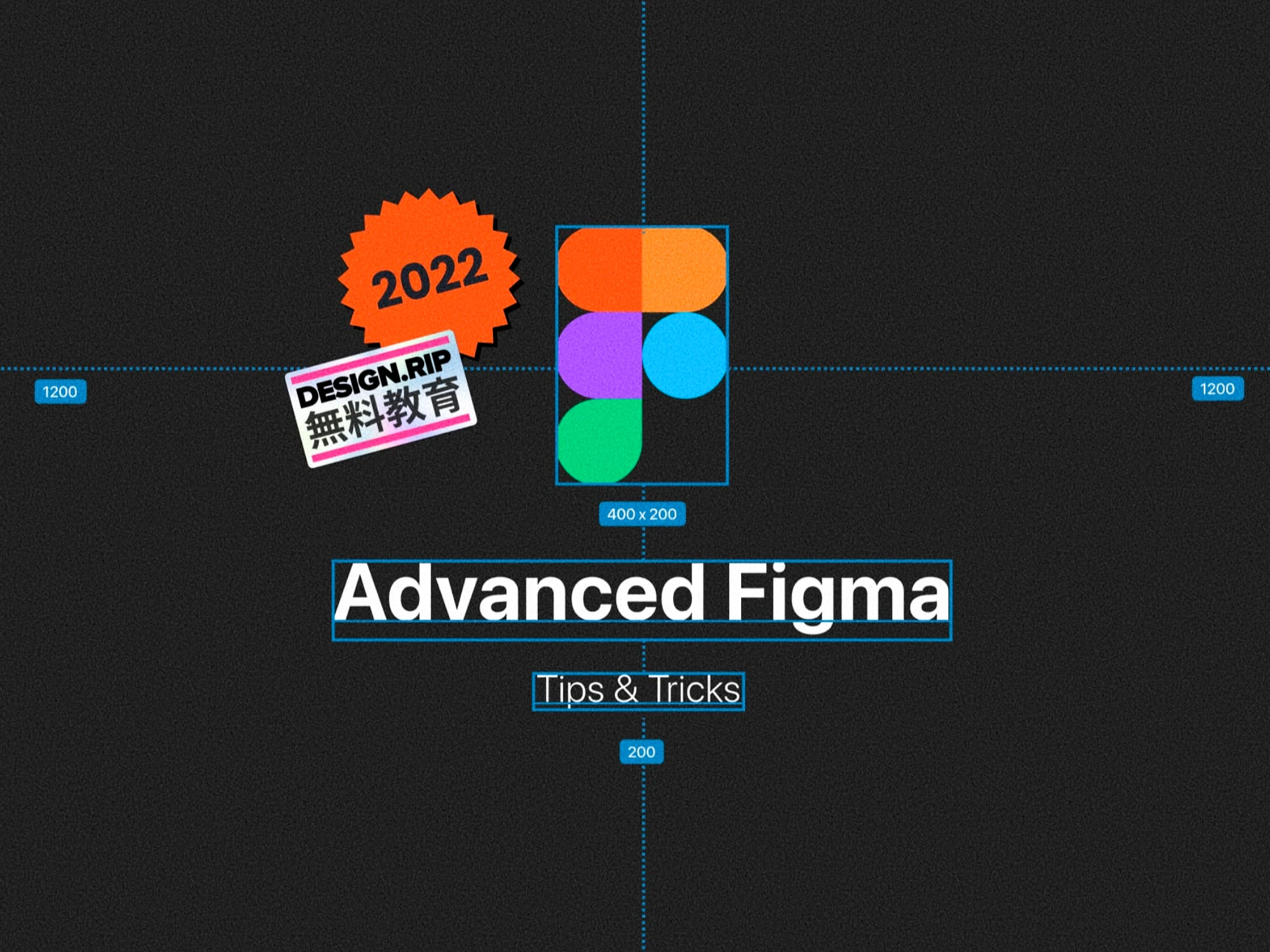The UX Research Reckoning is Here
No one’s releasing detailed data about which roles were eliminated during this year of layoffs. But from a distance, it appears User Experience Research teams have been absolutely crushed.
No one’s releasing detailed data about which roles were eliminated during this year of layoffs. But from a distance, it appears User Experience Research teams have been absolutely crushed.
Hundreds of UXRs have lost their jobs. Cast aside despite their hard work, so many talented folks deserve an explanation.
Here’s the best one I have:
It’s not just the economic crisis. The UX Research discipline of the last 15 years is dying. The reckoning is here. The discipline can still survive and thrive, but we’d better adapt, and quick.
A Golden Age
The last 15 years have seemingly been a golden age for UX Research. Often riding the wave of growing design departments, researchers scaled proportionally. Companies seemed to buy-in to what modern multi-method, HCI-driven UX Research could offer.

The golden age! Where high-paying UX Research jobs just fall from the sky!
Suddenly the industry was awash with jobs. I personally helped grow Facebook’s UXR team from a dozen to over 100, then did the same for Airbnb in the same amount of time it took Facebook/Meta to go from 100 to over 1000 researchers. Lots of open headcount everywhere, highly competitive hiring, and blank checks galore.
What a time to be alive!
So how did we get from there to here?
The Reckoning
Layoffs are the worst, but they’re no accident. When companies lay off workers, they’re making a statement about business value. When a discipline gets the disproportionate axe, as UX Research has, the meaning is pretty clear.
I know what you might be thinking. They just don’t get it! We’re so misunderstood! Our plight is to deliver insights that others use to drive business value, while we’re forgotten. Never driving the roadmap, no seat at the table, consistently miscast, only to be laid off in the end.
Listen, I’m not going to disagree with any of this. I led research teams for many years, and I thought and said many of these things. But now I think something different: it doesn’t matter.
Like it or not, UX Research as it has existed over the last 15 years hasn’t done enough to justify itself. Our singular question should be — why not? Go ahead, keep pointing the finger at everyone who did us wrong. I think it’s more productive to look inward, and figure out how we can be better positioned for the future.
The Wrong Research
If UX Researchers have been one thing these last 15 years, it’s busy. How is it possible to be so busy and yet not delivering enough business value? My take:
We’ve been doing the wrong research.
There are three types of work that UX Researchers need to do:
- Macro-research is strategic in nature, business-first, and future-thinking. It provides concrete frameworks that guide macro business decisions.
- Middle-range research is focused on user understanding and product development.
- Micro-research is closer to technical usability, eye tracking, and detailed interaction development.
The biggest reason UX Research is facing this reckoning is that we do way, way too much middle-range research.
Middle-range research is a deadly combination of interesting to researchers and marginally useful for actual product and design work. It’s disproportionately responsible for the worst things people say and think about UXR. Doing so much of it just doesn’t deliver enough business value.
So many common forms of research questions live in the middle-range:
- How do users think/feel about X functionality/activity?
- What are the concerns or challenges with Y?
- Why are users using/not using Z feature?
Middle-range findings are usually not specific enough. They tend to be too general and descriptive, even when a researcher does an amazing job communicating. They’re hard to turn into specific recommendations and thus easy to poke holes in or ignore. They are most likely to trigger the post-hoc bias, which invokes the stereotype that researchers work for months only to tell us things we already know.

With middle-range research, the juice is usually not worth the squeeze.
Of course, a talented researcher can mitigate some of these issues. But there’s still the structural disadvantage that comes from asking mid-altitude questions that most cross-functional partners think they already have the answers to anyway. All of this erodes the real and perceived business value of even the best research. And we haven’t even gotten to the worst bit yet.
Business > User
Most middle-range research misunderstands what outcome matters most — a successful business. Great UX and profit aren’t remotely opposites, but when push comes to shove, profit > user every time.
Researchers are usually hard-wired to hate the profit focus, which I can respect. Many companies try to privilege positive individual and societal outcomes. Again, respect. But the current crisis has shown us how quickly those promises fall apart in the face of a bad quarterly report.
Modern design and product processes are often built around the premise that user understanding is necessary to develop products. This is a lie. It’s actually easy to develop a product that makes money without this type of research. Companies do it all the time.
You might argue it’s not easy to develop a good product without research. I still think that’s a lie, for two reasons. First, designers, engineers, and product people are good at their jobs too, and their fingers are more directly in the pie than ours. Modern data science has given everyone confidence they can pick winners without research. Just run an A/B test! Right or wrong, that’s how it often works these days.
Second, it turns out “good” usually just means useful, and users will fight through an incredible amount of bad UX to engage with a useful product. As long as they’re clicking, engaging, buying, it just doesn’t matter.
Chained
Middle-range research has dominated roadmaps over the last 15 years. A big part of that is because it’s the work researchers are most asked to do. And we haven’t been saying no.

Oh great, more paperwork.
Product managers love to ask for middle-range research that they can use to justify decisions they’re reluctant to make on their own. UX designers love to ask for middle-range research because it fits their model of what a proper design process should look like. Executives love to ask for the middle-range because they don’t really understand what UX Research is for, and it helps them do performative user-centeredness. In the end they will decide based on their own opinions.
This is where we’ve spent so much of our time over the last 15 years. Doing work that ultimately doesn’t matter enough to justify the investment in our function. We need to take our share of responsibility for that fact.
And then we need to fix it. Which we totally can.
The Next 15 Years
In the previous section I exaggerated for effect. There, I said it. And I wouldn’t be surprised if you branded me a cynic. But I think I’m being a realist. Whether I’m right or wrong, I think this is the conversation we need to have. And if I’m right, I’m still wildly optimistic we can reposition the discipline to deliver incredible business value.
The first thing we need to do is take responsibility.
This is our fault, at least in part. If UX Research has not carried its weight, it’s partly because of choices we’ve made. This industry is based on selling things and generating shareholder value, which is why we can all make such a good living. UX Research needs to find a balance of business-driving user-centeredness that changes the fundamental math about our value.
Naked capitalism is bad, and I’m not suggesting UX Research should give up on users, empathy, and justice. I’m suggesting once we find our role as drivers of business value, only then will we be positioned to advance those goals.
The next thing we need to do is refocus 90% of our effort on micro and macro-research.
Let’s Go Micro/Macro
We have dramatically under-invested in micro-research over the last 15 years. Technical usability testing, eye tracking, and detailed studies of specific interactions and flows were much more common in the early days of user research than they have been in the last 15 years. We need to get back there.
Designers may think they’re great at usability too, but if that were true software would be way better than it is. They may be able to make profitable products without research, but this is value no one else can deliver. More than just rote rolling research that anyone can do, great micro-research is highly technical and specialized. It puts UX under a microscope with the conviction that the devil is in the details, and that the devil is hoarding a huge pile of cash.
Low-level, technical UX research isn’t always sexy, but it drives business value. When research makes a product more usable and accessible, engagement goes up and churn rates go down. Companies need that for the bottom line. Users get a better product. Win-win.
Also, good news! I’ve never — not once — seen micro-research that couldn’t also yield valuable middle-range insights. The argument for micro-research is that it drives business value and gives us a strong footing, but can deliver much of the middle-range value at the same time.
At the same time, we need to get much better at macro-research. “Strategic” is usually a buzzword which researchers put on their LinkedIn profiles when they want to sound more senior. In this case, it has a specific meaning:
Strategic research helps a company decide on long-term goals, priorities, and the approach to achieving them.
- What insights does the board of directors need to decide on the M&A strategy?
- How should the company prioritize business goals next half?
- Which user problems, product, and design trends should executives focus on over the next 3–5 years?
- What consumer trends really matter for the business, and how should we translate them to action?
Great macro-research is multi-method — desk, quant, and qual combined. It provides priorities and frameworks more than answers or hypotheses. It’s unabashedly business first and future first. And it requires direct collaboration with executives, cutting out the messengers who might dilute the business value of research.
But doing macro-research well requires skills which few researchers are actually equipped with. Things like business understanding, distilling insights, and communicating with executives. As a discipline we need to stop talking so much about story-telling and narratives. More important than that is learning to speak plainly and compellingly about the business and the product, in language that executives identify with and love.
In a world where UX Researchers have shifted the balance — still doing some middle-range research, but mostly doing micro and macro-research — there will be no doubt about the business value we provide. We’ll be much better positioned for the next 15 years.
Conversation
I suspect many people who read this will disagree with me. Check back with me next month, I might be right there with you. The important thing is that we have this honest conversation. UX Research as a discipline, and researchers as an outstanding breed of human, deserve a self-critical look at how we got here and what to do now.
It’s worth noting that we’re not alone. UX Designers are facing a similar reckoning. But looking at the tone of the conversation on social media, at least, I don’t see the most productive approach. There’s too much clutching of pearls, casting of blame on others, and failure to recognize the reality of the capitalist system UX lives in.
Let’s not do that to ourselves anymore. It won’t change the status quo, it won’t create jobs, and it won’t position us to be more influential as the field moves forward.
I strongly believe research still has a crucial role to play, and the most successful companies still need talented researchers on their rosters. But the work they do and the skills they focus on will be different. It’s time for us to lean into the future, to realize the last 15 years was more fools golden than golden age. That’s ok. Researchers are learners — we know how to adapt. So let’s get busy.
Update 05.17 — After a bunch of robust discussion about this article, I compiled your (and my) reactions into a separate post — Discussing the Reckoning.
What's Your Reaction?














![[VIP] DesignCode: Build Beautiful Apps with GPT-4 and Midjourney](https://design.rip/uploads/cover/blog/designcode-gpt4.webp)
![[VIP] AppCoda: Mastering SwiftUI - Professional Packet (Updated 04.2023)](https://design.rip/uploads/cover/blog/appcoda-mastering-swiftui-professional-packet-worth.webp)
![[VIP] AppCoda: Beginning iOS Programming with Swift (Updated 04.2023)](https://design.rip/uploads/cover/blog/appcoda-beginning-ios-programming-with-swift.webp)
![[VIP] Whoooa! 156 vector Lottie animations](https://design.rip/uploads/cover/blog/whoooa-156-vector-animations.webp)







![[VIP] Motion Sound Vol. 1](https://design.rip/uploads/cover/blog/designrip-svx.webp)

